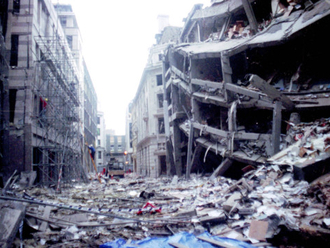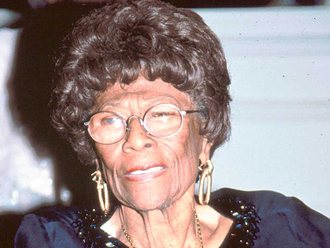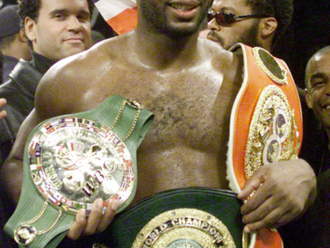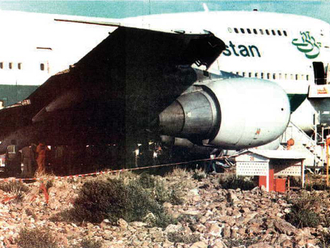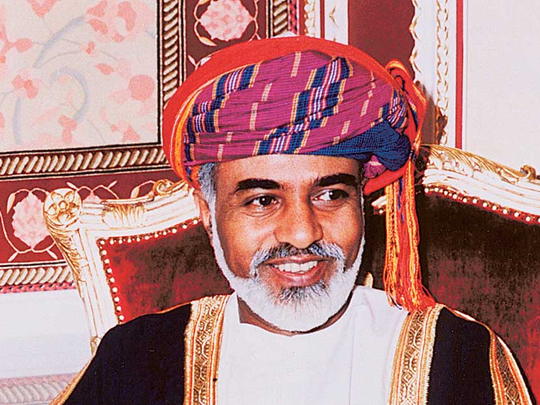
His Majesty Sultan Qaboos Bin Said of Oman gave his country its first constitution which laid down the rules for succeeding him but stopped short of naming an heir. Sultan Qaboos promulgated a constitution describing the system of government as a “hereditary Sultanate”. The constitution said succession passes “among the male descendants of Sayed Turki Bin Said Bin Sultan”, the great-great grandfather of Sultan Qaboos and a descendant of the Bussaidi dynasty which founded the Sultanate in 1793. The Sultan’s successor must be “a mature and wise Muslim, a son of Omani Muslim parents,” according to the terms of the constitution. Sultan Qaboos holds the country’s key posts, serving as prime minister and the minister of defence, of finance and foreign affairs, and is commander in chief of the armed forces. The constitution allows the creation of “organisations on patriotic grounds” but not political parties and bans “military or secret groups or those which have activities hostile” to the government.
Other important events
1600
Japanese warrior Ishida Mitsunari is executed after losing the Battle of Sekigahara.
1860
Abraham Lincoln is elected president of the US.
1911
Francisco Madeiro takes over president of Mexico.
1913
Mohandas Gandhi is arrested as he leads a protest march of Indian miners in South Africa.
1923
The Rentenmark is adopted as the official currency of Germany in order to counter hyperinflation.
1935
Britain’s Hawker Hurricane fighter plane make its first flight.
1936
Siege of Madrid begins, and Spanish government moves to Valencia.
1942
Tidal wave kills 10,000 people in Bengal, India.
1944
Lord Moyne, the British resident minister in the Middle East, is killed by Jewish extremists in Cairo.
1962
UN General Assembly calls for economic sanctions against South Africa because of its racial policies.
1965
Start of Freedom Flights between Cuba & United States.
1970
Italy formally recognizes China.
1977
A dam collapse drowns 38 people as a wall of water submerges trailer camps outside Toccoa in Georgia, US.
1979
Iranian Prime Minister Mehdi Barzagan resigns.
1984
US Republican President Ronald Reagan wins re-election to a second term.
1988
Yunnan earthquake hits south west China, more than 900 people are killed.
1990
Nawaz Sharif is sworn in as prime minister of Pakistan.
1991
The last of more than 700 Kuwaiti oil wells set on fire by Iraqi forces during the Gulf war are doused.
1996
About 1,000 people are killed when a cyclone hits Andhra Pradesh, India.
1996
Islamic Museum opens in Sharjah.
1997
Severe flooding kills 31 people in western Spain and eastern Portugal.
1999
Australians vote overwhelmingly in historic referendum to retain the British queen as their head of state.
2001
Michael Bloomberg is elected as mayor of New York City.
2008
Jigme Khesar Namgyal Wangchuck becomes Bhutan’s first king since its transformation to democracy.
2011
Former general and intelligence director Otto Perez Molina becomes the new Guatemalan president-elect.
2012
A suicide bomber rams his explosive-filled car into soldiers outside an army base near Baghdad, killing 31 people.
2013
India’s first celebrity cook, Tarla Dalal dies at the age of 77.
2015
At least 17 people are killed when a dam burst at a mining waste site in Brazil, unleashing a deluge of toxic mud.


